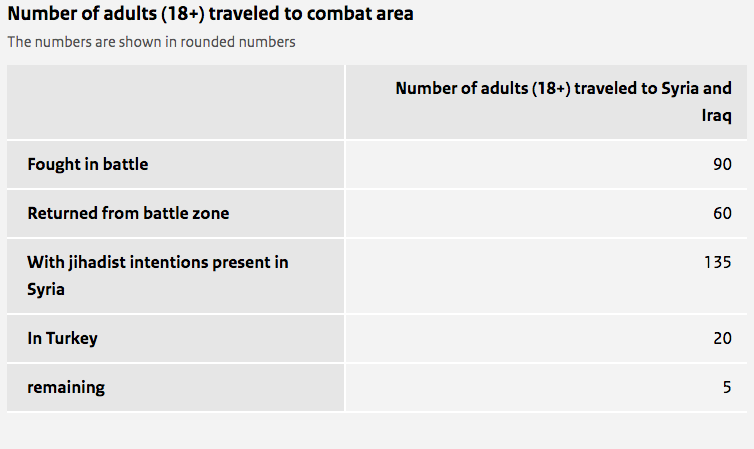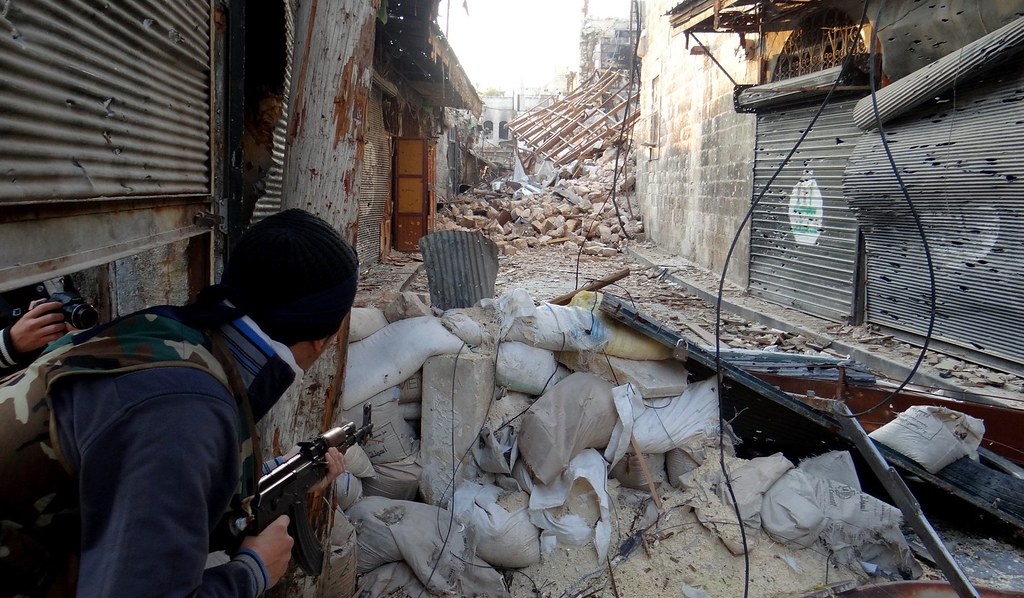The number of Dutch people in Syrian-Kurdish camps has increased this month to 55 adults and at least 85 children, the AIVD reports on Thursday. A month ago there were only 40 adults.
Some of the 85 children were taken from the Netherlands to the battle area and some were born there. Three-quarters of the 55 adults are women. Many of the grown-ups were keen on joining ISIS a few years ago, different story for the kids of course.
What number are we talking about?
Around 300 Dutch jihadists have left the country in the past years, most to join IS. Others to join Ha’yat Tahrir Al Sham, affiliated with Al Qaeda. Ninety of these have died and sixty have returned to the Netherlands. Over 135 Dutch people with jihadist intentions are currently staying in Syria.

However, the AVID says these figures might not be totally accurate. They say, “It is still difficult to pick up or confirm signs of pregnancies and births in the combat area, especially from Dutch travelers who have married local women”.
The number of Dutch people in Syrian-Kurdish camps has increased due to the fall of IS back in March 2019. After the fall of Baghuz, the last place belonging to the jihadist group, many IS fighters surrendered, including several Dutch people, reports NOS.
Government response: they are not bringing them back actively
The Dutch government holds a policy of usually not bringing IS prisoners back to the Netherlands as they believe these pose a threat to the security of the Netherlands. Only around 60 have returned from battle zone.
The National Coordinator for Terrorism and Security has said that adults leaving IS might still agree with the jihadist ideology, participated in battle or faced a trauma. They fear that bringing back Dutch members of IS might strengthen the movement in the Netherlands if these come into contact with other jihadists.
However, the government says the right to return to the Netherlands must be determined depending on the case. They look at the amount of time a person spent in the battle zone, their reason for returning and the current beliefs of a person. They also look at if the person received weapons training and combat experience.
Furthermore, people that want to go back have to report at a Dutch embassy. So they have to make it across the border, into Turkey, and make it to the embassy over there – pretty hard when you’re semi-locked up in a camp.
Featured image source: Source: Flickr/ William Proby
What are your thoughts? Do you believe they should be able to return to the Netherlands? Let us know in the comments, below!



